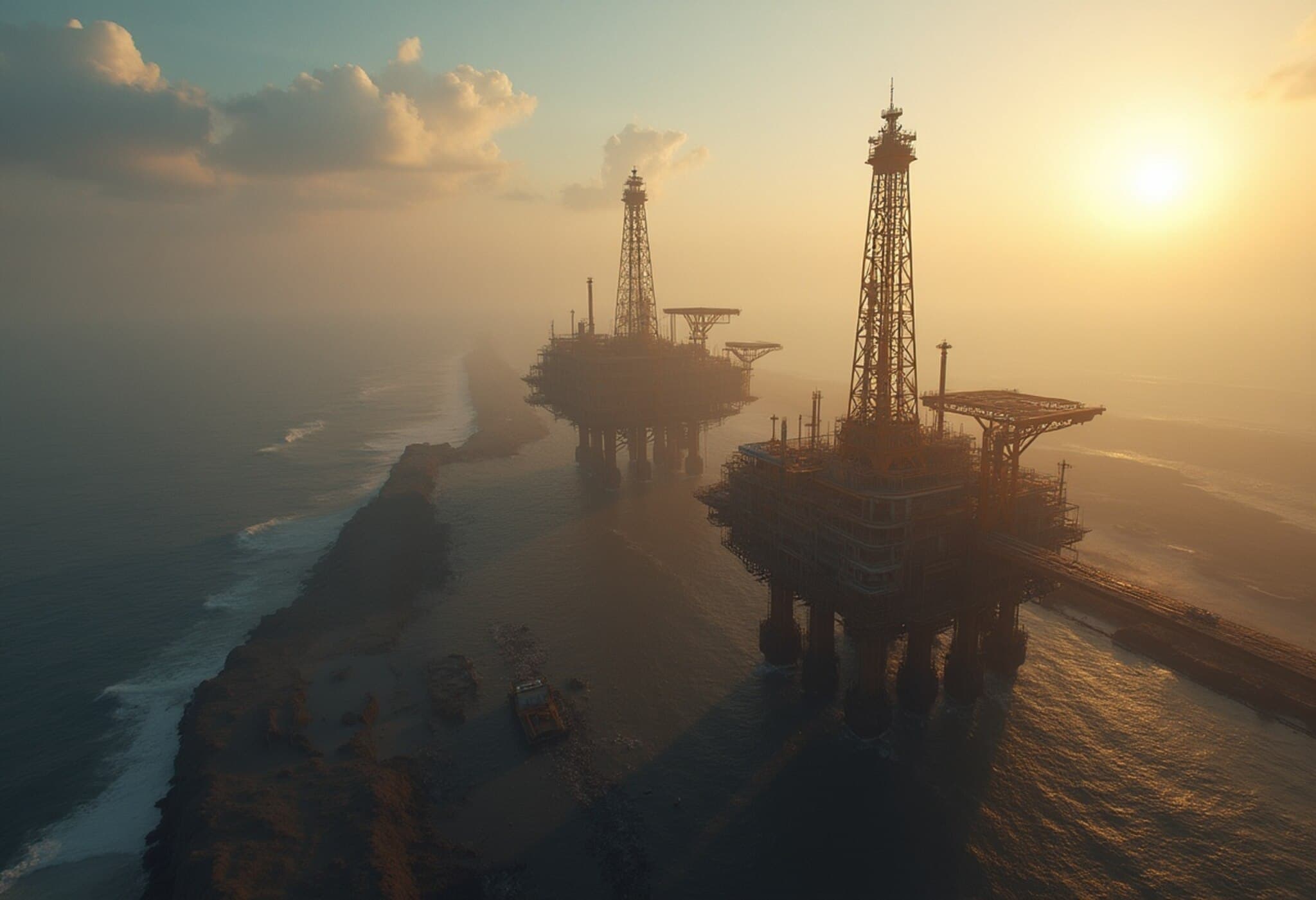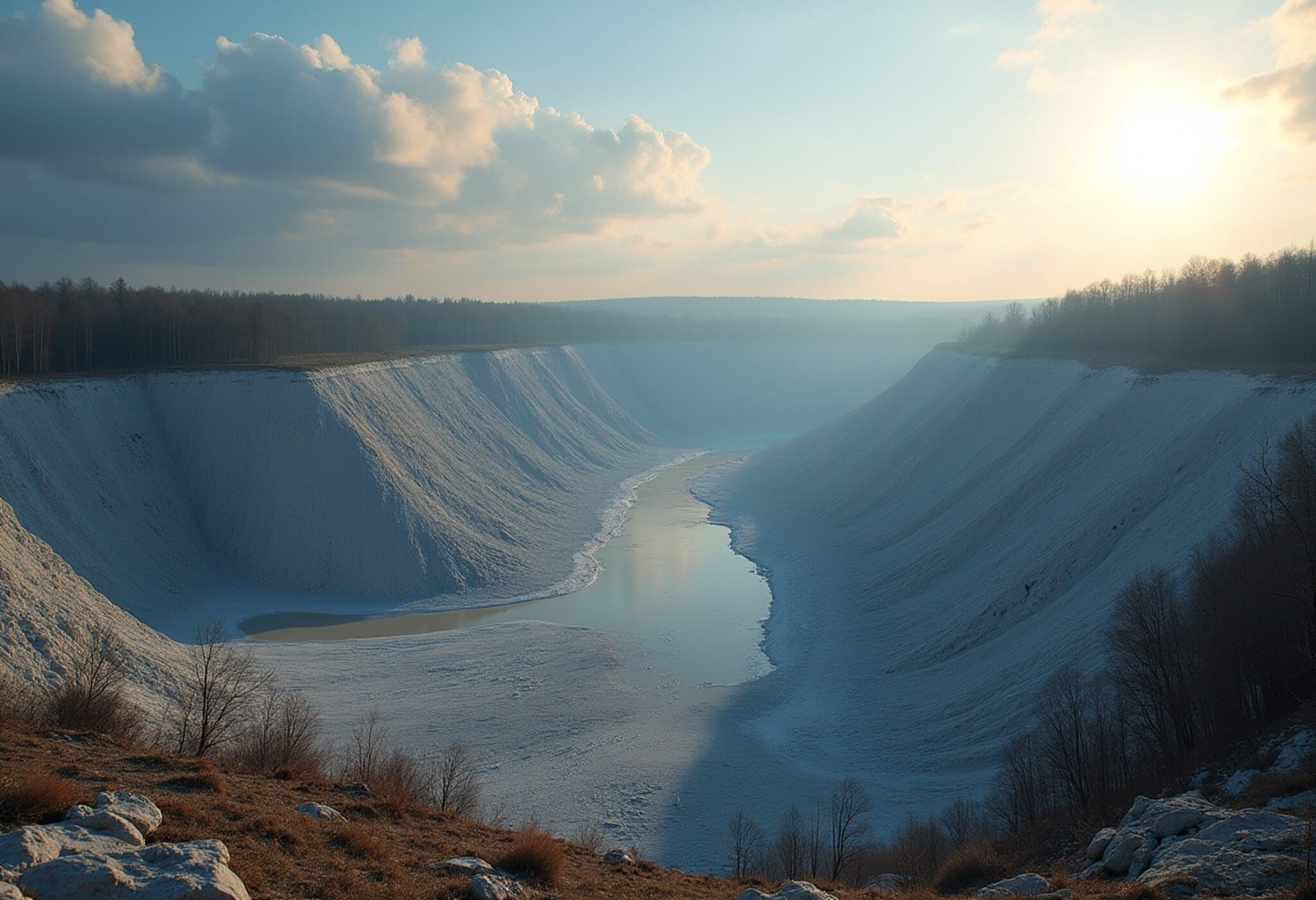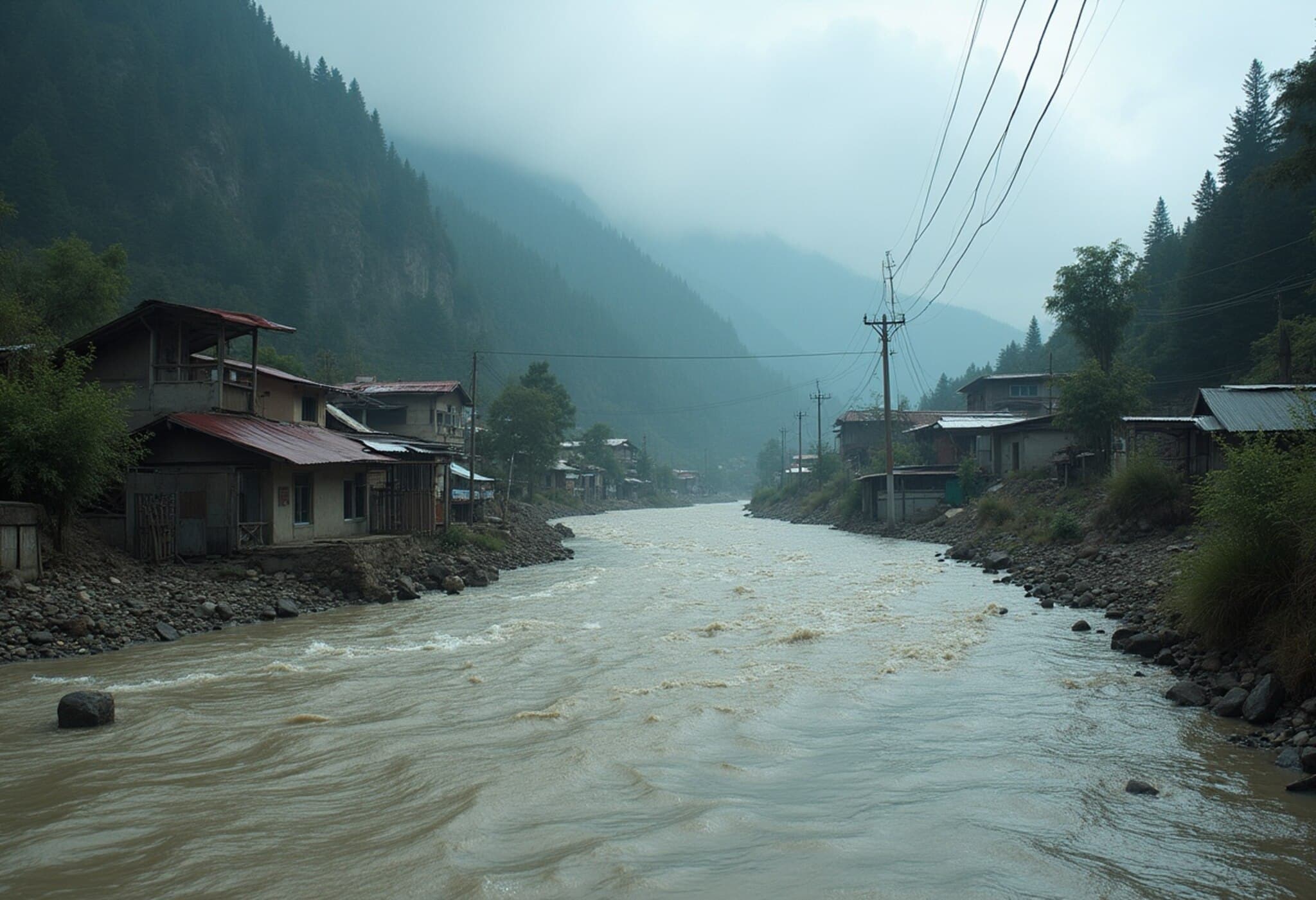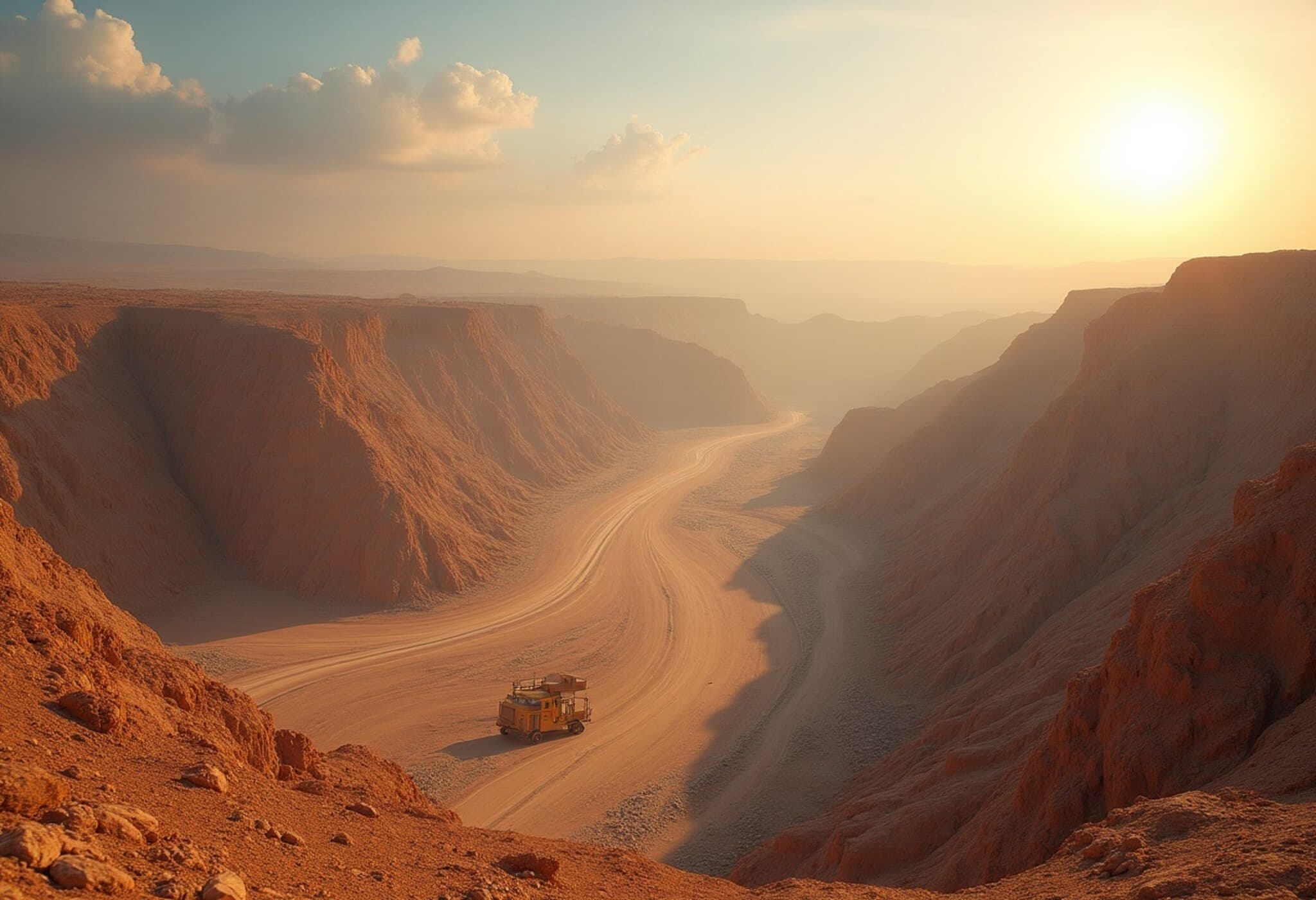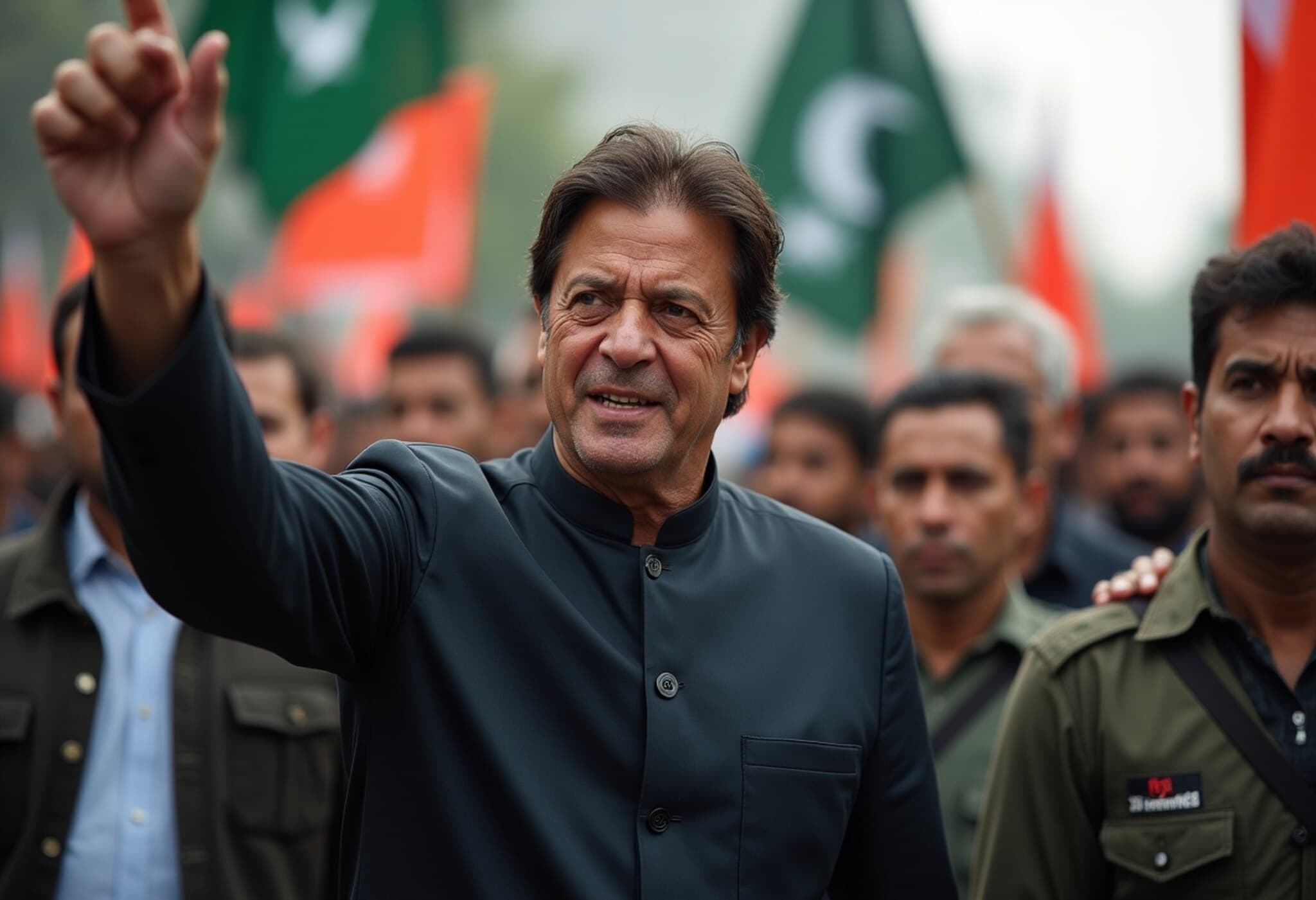US Companies Express Renewed Interest in Pakistan’s Oil and Gas Sector
Following former President Donald Trump’s recent assertion about Pakistan’s “massive” oil reserves, American companies have shown increased enthusiasm toward investing in Pakistan’s energy sector. This development comes at a critical time as Pakistan grapples with energy shortfalls and seeks fresh foreign investment to stabilize its economy.
Diplomatic Engagement Sparks Industry Momentum
According to a report by Bloomberg, top US diplomat Natalie A. Baker, the Charge d’Affaires in Islamabad, recently met with Pakistan’s Petroleum Minister Ali Pervaiz Malik. The discussion focused on enhancing bilateral cooperation in the oil and gas industry, with Baker emphasizing Washington’s desire to actively facilitate direct links between US and Pakistani energy companies.
“There is a strong and growing interest from US companies in Pakistan’s oil, gas, and minerals sector, aligning with former President Trump’s vision,” said Baker, as quoted by Pakistan’s Ministry of Energy.
Trump’s Claims Reignite Debate and Investment Interest
Trump’s July remarks about Pakistan’s supposedly vast oil reserves took many industry experts by surprise, given they contrast sharply with current geological data. This political statement stirred fresh discussions even as foreign investment in Pakistan’s energy sector has remained subdued amid ongoing regional tensions—especially between India and Pakistan.
On social media and international platforms, Trump criticized India’s import of Russian crude and hinted Pakistan could someday supply oil to India, a provocative comment that further complicated the already delicate US-India-Pakistan triangle.
Expert Skepticism and Reality Check
Energy veterans in Pakistan remain cautious. Moin Raza Khan, former CEO of Pakistan Petroleum Ltd., noted that if Pakistan truly possessed massive reserves, foreign companies wouldn’t have progressively exited the market over the last decade.
While Pakistan’s Ministry often cites the 2013 US Energy Information Administration’s estimate of 9.1 billion barrels of recoverable shale oil, independent analysts suggest the actual figure is much lower—around 238 million barrels according to Iqbal Jawaid of Arif Habib Ltd. To put that in perspective, major oil producers like Saudi Arabia, Russia, and the US have reserves amounting to multiple billions of barrels.
Pakistan’s Energy Sector Challenges
Pakistan hasn’t seen any major oil discoveries in over a decade. Its two most productive fields, Makori East and Nashpa, were discovered in 2011 and 2009 respectively, with no significant new findings thereafter. Despite the long-standing presence of Hungary’s MOL Group since 1999, several international oil companies including Kuwait Petroleum, TotalEnergies, and Shell have exited the market in recent years.
Exploration efforts by giants like Exxon Mobil and Eni SpA in the Arabian Sea have yet to yield meaningful results, posing additional hurdles.
Ongoing Bidding and Future Prospects
Despite these challenges, Pakistan is actively trying to reignite foreign investment interest. Earlier this year, the government launched a bidding round for 40 offshore blocks, including areas in the strategic Indus Basin. Oil & Gas Development Company Ltd. (OGDCL) is currently in negotiations with multiple US firms, aiming to bolster exploration activities.
Bids for these offshore exploration sites are expected by October, with hopes that successful discoveries could help reverse the country’s declining oil output, which peaked in 2018 and has fallen since.
Economic and Geopolitical Stakes
At present, Pakistan spends roughly $11 billion annually on oil imports, accounting for nearly 20% of its total import bill. A significant domestic oil find could therefore reduce economic pressure by limiting dependency on imports and strengthening energy security.
However, experts highlight considerable risks, including Pakistan’s limited technology, insufficient infrastructure, and ongoing security concerns, all of which have deterred consistent foreign investment. Michael Kugelman, Senior Fellow at the Asia Pacific Foundation of Canada, points out that such obstacles explain why external players continue to hesitate despite Pakistan’s purported reserves.
What Lies Ahead?
Pakistan’s energy future hinges on overcoming structural and geopolitical challenges to unlock its oil and gas potential. While political statements like Trump’s can spark headline-grabbing interest, the reality involves a complex interplay of geological data, investment climate, and regional diplomacy.
For US investors and policymakers, understanding this nuanced landscape is crucial to developing sustainable partnerships that could benefit both countries' energy sectors amid shifting global markets and regional rivalries.
Editor's Note
The renewed spotlight on Pakistan’s oil reserves underscores a fundamental question: can political enthusiasm translate into tangible energy development? While aspirations run high, concrete progress depends on transparent data, strategic reforms, and improving Pakistan’s investment environment. Stakeholders should watch forthcoming bidding rounds closely, as they may signal whether Pakistan can realistically reduce its oil import dependency or if challenges remain too steep to overcome in the near term.

